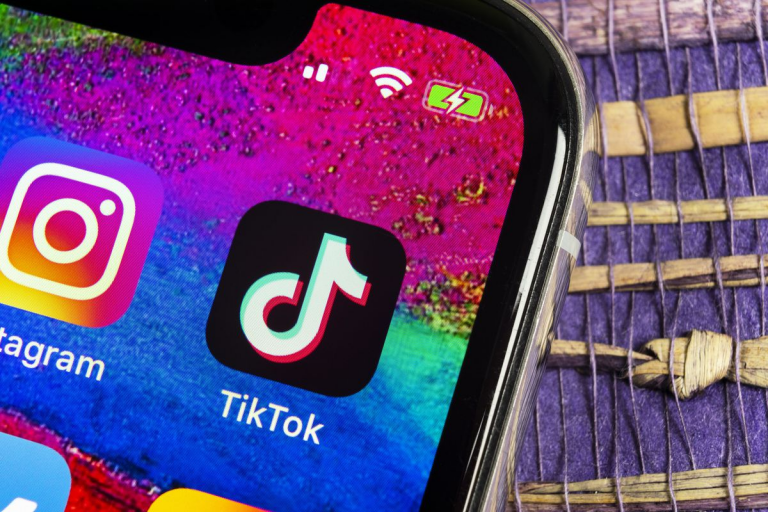
The FBI on Friday warned that TikTok poses a national security threat to the United States as the app could be exploited for espionage by the Chinese government.
The warning, which was issued by the FBI director Chris Wray, follows several other warnings issued by the US Congress, the military and the White House that TikTok poses a security risk.
Wray said the FBI was concerned that the Chinese had the ability to control the app’s recommendation algorithm, “which allows them to manipulate content, and if they want to, to use it for influence operations.” He also asserted that China could use the app to collect data on its users that could be used for traditional espionage operations, per AP.
Register for Tekedia Mini-MBA edition 19 (Feb 9 – May 2, 2026): big discounts for early bird.
Tekedia AI in Business Masterclass opens registrations.
Join Tekedia Capital Syndicate and co-invest in great global startups.
Register for Tekedia AI Lab: From Technical Design to Deployment (next edition begins Jan 24 2026).
“All of these things are in the hands of a government that doesn’t share our values, and that has a mission that’s very much at odds with what’s in the best interests of the United States. That should concern us,” Wray told an audience at the University of Michigan’s Gerald R. Ford School of Public Policy.
TikTok, which is owned by Chinese company ByteDance, has recently been at the center of both political and tech rivalry between the US and China. In 2020, former US President Donald Trump had moved to ban the short-video app through executive order. Though a US court later ruled in favor of the troubled app to stay in business in the US, its battle is far from over.
Last month, Wray raised the same concern during his appearance before congress. The US concern is that the Chinese Communist Party could order TikTok to turn in the data of its American users.
Though the current president Joe Biden has rescinded many of his predecessor’s decisions targeting TikTok and other Chinese apps, the US government has not given up on its probe into the social media company’s activities.
Trump had tried to force TikTok to sell its US operation to an American company, a move aimed at ensuring that the data of users are in safe hands.
In June, a leader of the U.S. Federal Communications Commission, Brendan Carr, asked both Apple and Google to remove TikTok from their app stores over concerns that China is using it to harvest private data of Americans. This follows a report that TikTok’s database is being accessed by employees in China.
TikTok, in a bid to calm the growing concern, had vowed to effect major changes in operation, including partnering with American companies such as Oracle to move its data centers away from China.
“As we recently shared with members of Congress, we are working toward a new system in which access to US user data by anyone outside of USDS will be limited by, and subject to, robust data access protocols with monitoring and oversight mechanisms by Oracle,” TikTok said in June.
Despite this, Washington has continued its scrutiny – issuing warnings to the personnel of government agencies, including the military to quit TikTok.
Wray said that TikTok is currently in talks with the U.S. government agencies over a possible agreement that would resolve American security concerns.
“As Director Wray has previously said, the FBI’s input is being considered as part of our ongoing negotiations with the U.S. Government,” TikTok spokesperson Brooke Oberwetter said in an emailed statement. “While we can’t comment on the specifics of those confidential discussions, we are confident that we are on a path to fully satisfy all reasonable U.S. national security concerns and have already made significant strides toward implementing those solutions.”
TikTok has repeatedly assured that it is not sharing, and won’t share the data of users. In September, Chief Operating Officer Vanessa Pappas denied that Chinese government officials have access to the data of its American users. But China has strict cybersecurity laws that place every company operating in the country under obligation to turn in data upon request by the communist party.



